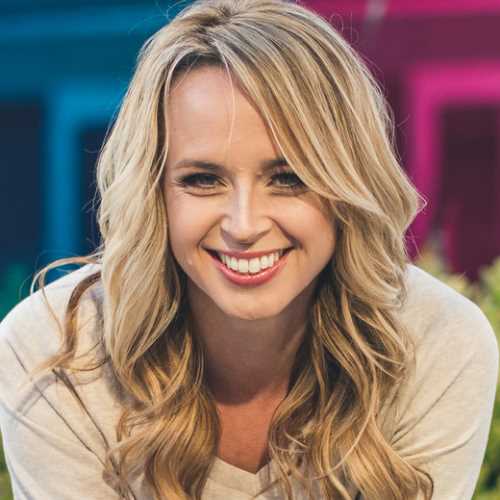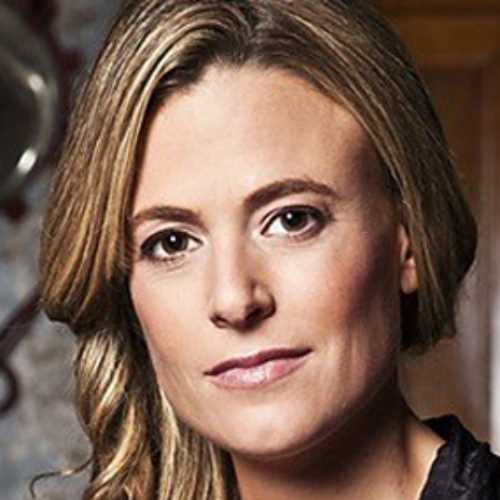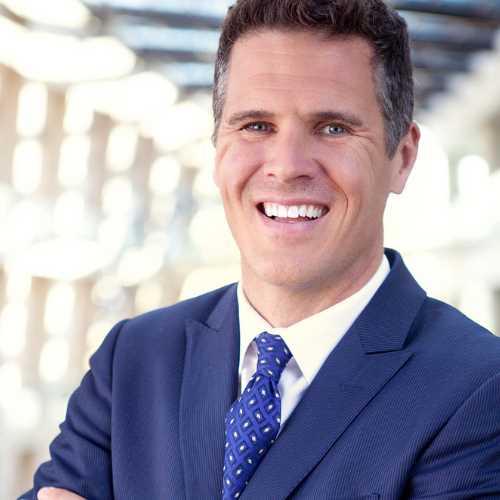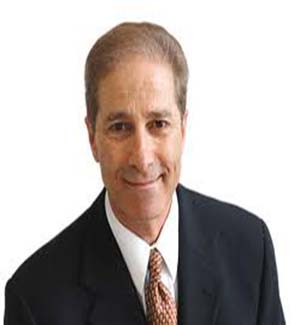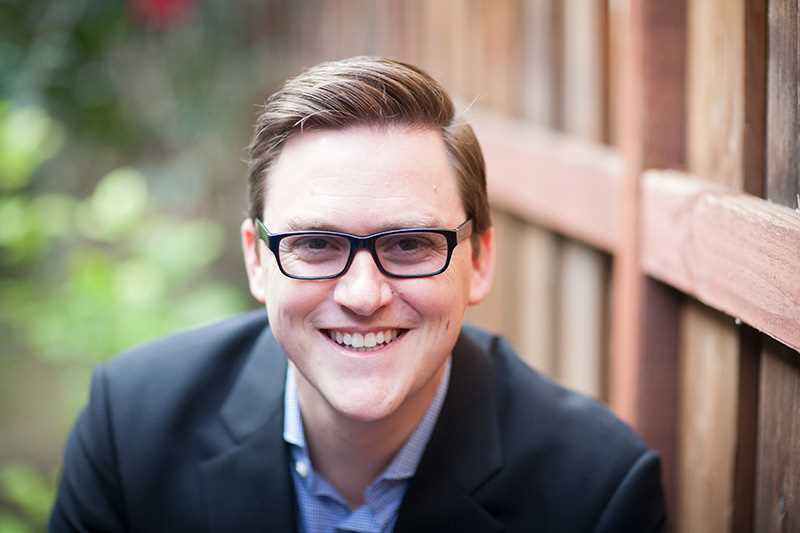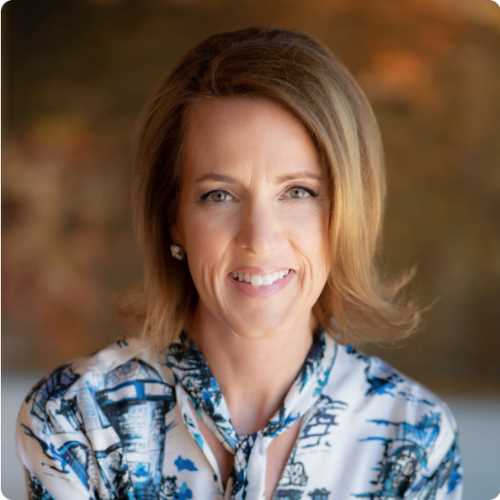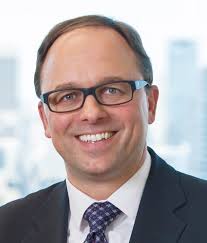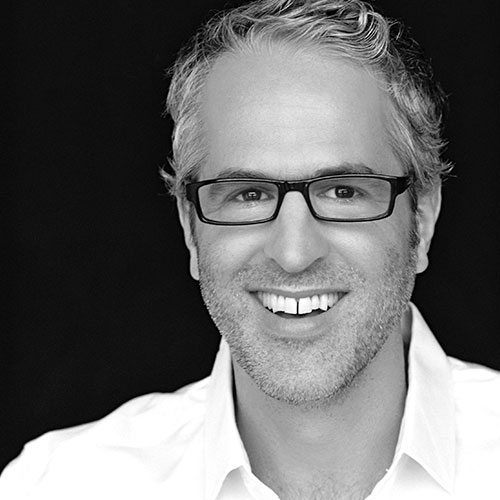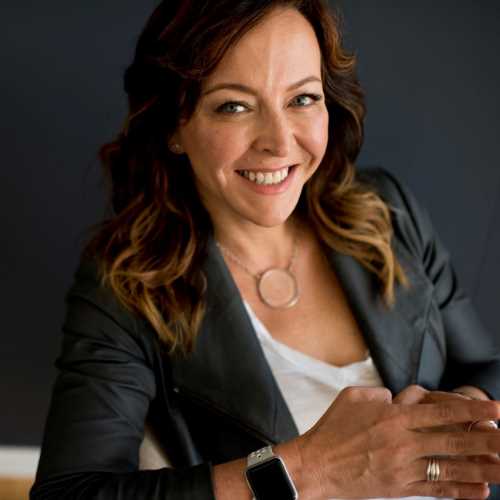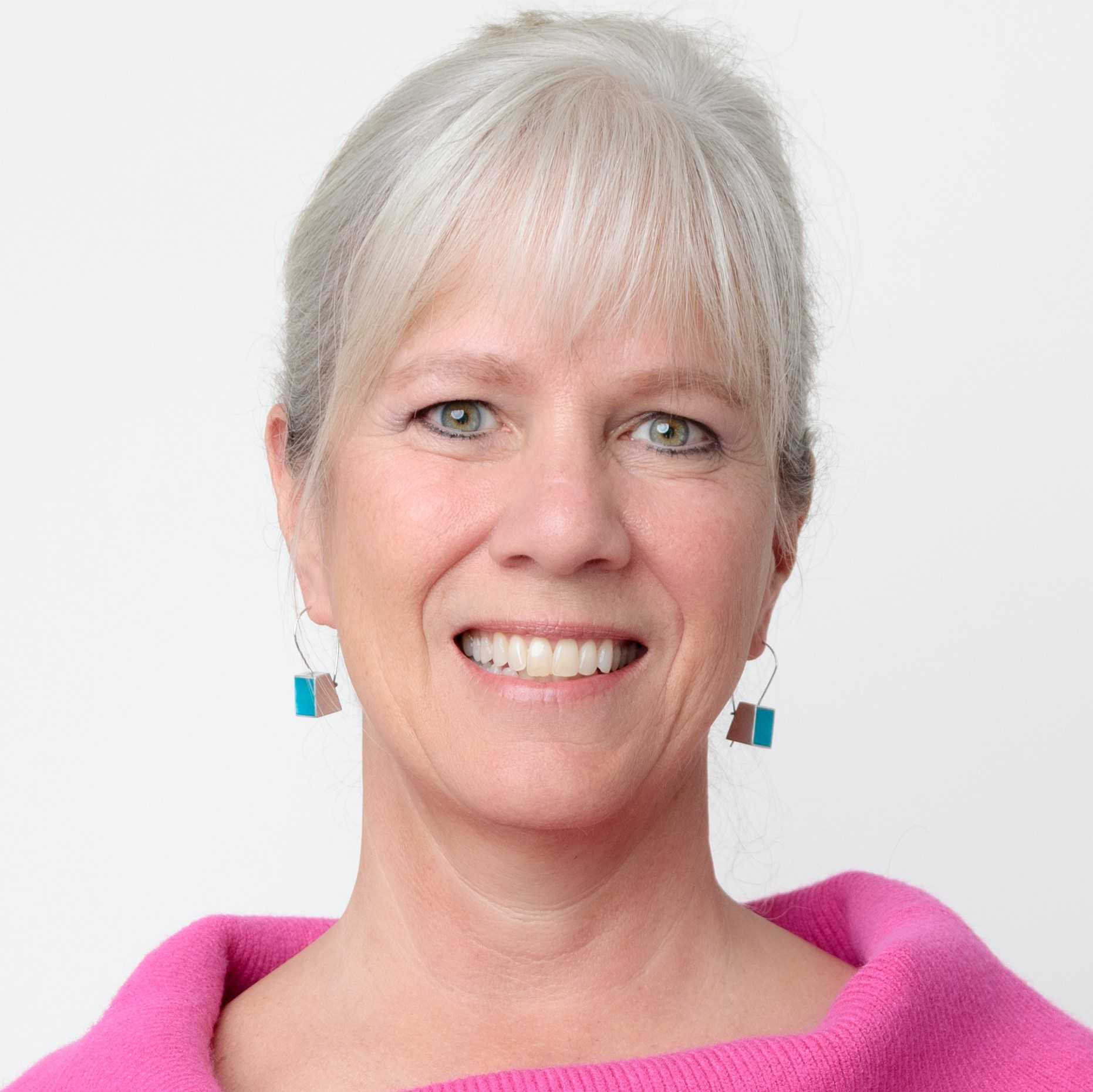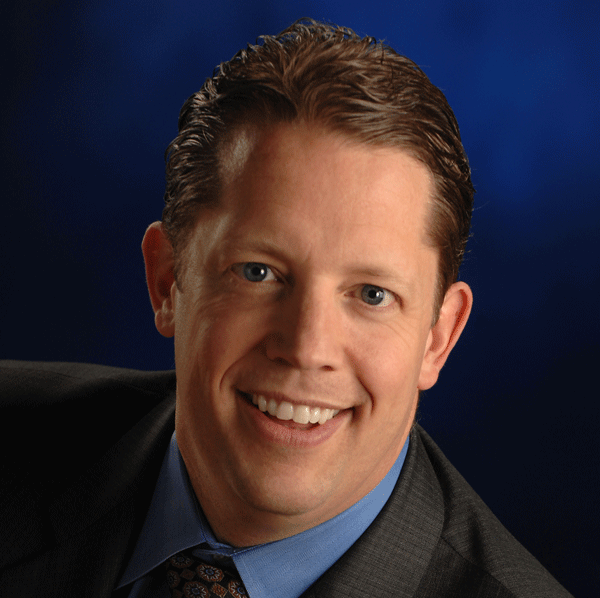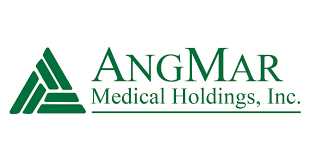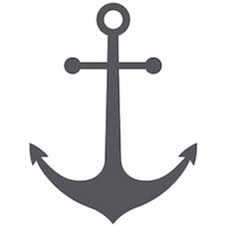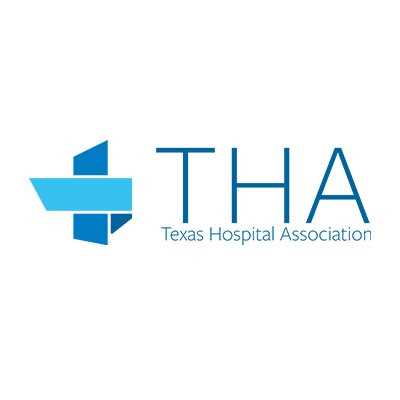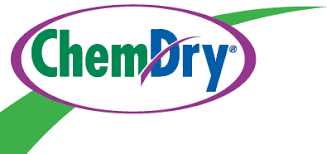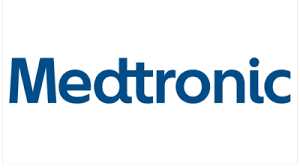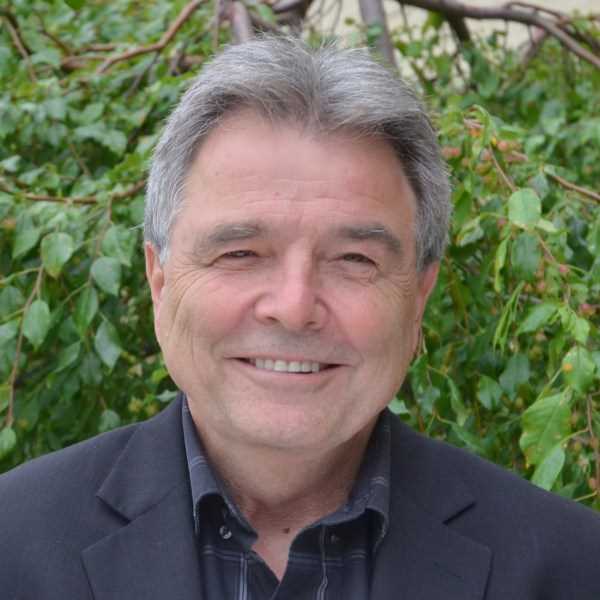
Mark Lynch
- Co-founder of CU Difference
- Helps credit unions to better serve their members, communities, and overall business performance
Travels From
Michigan
No videos found.
Mark Lynch Speaker Biography
Mark Lynch is the co-founder of CU Difference, an independent consulting company formed in 2018 with the mission of helping credit unions identify ways in which “the credit union difference” can be used to better serve their members, communities, and overall business prosperity.
Mark has been a credit union member for 42 years and was a credit union board director for 22 years. Prior to moving to the US from Australia, Mark was the Deputy Chairman of the Australian National Credit Union, then Australia’s largest credit union and the Volunteer & Resources Manager with the Australian Credit Union Foundation. Mark also served on the boards of two other cooperatives and the academic council of a business college.
Since moving to the US 13 years ago, he has delivered more than 600 presentations to credit union conferences in 49 states, predominantly on issues relating to growth strategies, optimizing the credit union difference, serving the underserved, and the importance of retaining the credit union tax status. His passion for cooperatives and the credit union movement launched him into working with credit union organizations. For 8 years, Mark worked as a Field Coach with the National Credit Union Foundation’s REAL Solutions Program to help credit unions develop programs and services aimed at low wealth households, as well as the non-prime auto lending pilot, and experiential learning programs. The REAL Solutions program has since retired, but many of its products and services are still helping members today.
Prior to co-founding CU Difference, Mark was the Senior Program Manager with the Foundation. In his work with the Foundation, he focused on teaching credit union staff through the Enhanced FiCEP Program, created the interactive Retirement Fair for credit unions, spearheaded two pilot programs designed to help credit unions provide auto loans to members with low credit scores, and was heavily involved in the Credit Union Development Education (CUDE) Program.
VISION
Optimizing the Credit Union Distinction
Mark is passionate about helping credit unions recognize the importance of the credit union distinction and then helping credit union create a long-term vision to incorporate This concept into their culture. They have a vision of credit union boards, management and staff all passionate about the way in which they can make a difference in the lives of their members and their communities. Mark has developed workshops and training programs to assist credit unions to optimize the credit union distinction.
Leadership Development
There are many programs available that teach leaders the what, the how and the when. Mark has development leadership workshops and training programs that focus on the why. Why do credit unions exist? Why is it important that credit unions care about their members and communities? Through their consulting programs, Mark is inspiring future leaders to be passionate about why credit unions make a difference in the lives of the members and the well-being of the communities they serve.
BUILDING MEMBER CAPABILITY
Recognizing and understanding the member challenges
Mark has developed workshops and training programs aimed at helping credit unions better understand the challenges their members face, which leads to the development of products and services which help members overcome the challenges that have been identified.
Developing Financial Counseling and Education Programs
When a credit union recognizes that their members need information and guidance to overcome challenges and better manage their finances, the next question is how can the credit union deliver these services. What types of coaching and counseling works best? How can staff be equipped with the skills to be able to help members? What are all the things a credit union needs to consider when developing a counseling and education program?
Mark is a Certified Credit Union Financial Counselor, and over the past six years, he has trained over 2,000 credit union staff from over 500 credit unions in 28 states to attain their Certified Credit Union Financial Counselor Certification. He has also equipped these counselors with the information and skills to develop a long term sustainable counseling and education program and ways to track and measure the effectiveness for the member and the credit union.
Mark conducts training courses to assist credit union staff to become certified credit union financial counselors.
OPTIMIZING THE MEMBER EXPERIENCE
Optimizing the Credit Union Distinction to Enhance the Member Experience
Mark is passionate about helping credit union leaders recognize the importance of the credit union distinction and how they can use this concept to enhance how they serve these members. He has developed workshops and training programs that use the credit union distinction to help credit unions attract and serve the very members that need access to affordable products, services, and financial advice.
Products, Programs, and Partnerships
Mark has developed workshops and training programs to help credit unions design products, programs, and partnerships that lead to members and potential members having access to the right financial products, at the right price, at the right time.
Lending the credit union way
Mark is helping credit unions gain a better understanding of their members’ challenges and what is behind the low credit score. He is then training credit unions to use simple techniques to be able to successfully lend to more members. Mark has developed workshops and training programs to help credit unions use storybook lending and the “credit union close” among other techniques to enable credit unions to successfully lend to more members in a way that does not put the credit union at risk.
Low Score Auto Loans – Good for Members, Good for the Bottom Line
Given that 88% of Americans need a car to get to work and 56% of Americans have a credit score below 640, a significant number of members and potential members with low credit scores are in the market for an auto loan. Mark has been involved in conducting research into how this type of lending can be done in a way that is good for the member and good for the credit union. He has developed workshops and training programs to help credit unions implement a successful auto lending program for members with low credit scores in a way that does not put the credit union at risk.
BUILDING STAFF CAPABILITY
Using the Credit Union Distinction to Have the Most Motivated Staff in the World
When credit union staff come to work each day, do they view it as just a job or do they love what they do? Do credit union staff refer to some members as “problem members” or do they refer to them as “members with problems”?
Mark is passionate about helping credit union leaders understand that training staff about the credit union distinction is the best way to enhance job satisfaction and member service. He has training programs and workshops to assist staff to understand the power of the credit union distinction, how to walk in the members' shoes, and to be jazzed to come to work each day because they know they are going to make a difference in the lives of their members.
Creating a More Inclusive Credit Union
Most credit unions are seeking to serve diverse communities. However, for many credit unions, because they were once single SEGs, their boards, management team, and staff may not be as diverse of the communities they seek to serve. Developing strategies to be more inclusive is an important aspect that credit unions should consider. Mark regards inclusion as a key characteristic of the credit union difference and has developed workshops and training courses to help credit unions implement strategies to become a more inclusive organization at all levels.
OPTIMIZING COMMUNITY DEVELOPMENT
The Power of Strategic Philanthropy – Linking Community Development to Business Development
Credit Unions have a history of working with the community and donating to community organizations. Most credit unions see community outreach as a charitable giving exercise and do not link it to their business development or growth strategies. Mark believes if philanthropy is done in a strategic way, credit unions can achieve a far greater impact in their communities, while at the same time growing the credit union and enhancing their bottom line. He has developed training programs and workshops to help credit unions develop a strategic philanthropy program.
Community Fundraising
One of the barriers that credit unions face when seeking to do more in the community is funding. Because it is members’ money, credit unions are very frugal with their community donations and sponsorships. However, there are other ways to raise money for community development. It is called community fundraising.
For the last four years, Mark has been involved in developing the concept of community fundraising and have spearheaded exercises that have raised hundreds of thousands of dollars for compelling community causes. Mark has developed training programs and workshops that help credit unions partner with community organizations to do community fundraising.
BOARD GOVERNANCE
Leading Edge Board Governance
Board directors today need more than just basic skills and knowledge. They also need to know how to ensure their board has the governance processes to ensure the long-term viability of the credit union. Regulators will continue to require higher levels of governance practices in the future. In this training program or workshop, Mark uses his vast experience to have directors exploring ways to develop the best and most modern board governance practices.
Effective Strategic Planning
Most boards undertake some type of annual strategic planning process. However, many boards do the same thing each year without necessarily thinking about what they are doing and why they are doing it – they just go through the motions. Many others only hold strategic planning meetings because they have been forced to by examiners. In this workshop or training program, Mark
- Leads discussion about the board’s role in the strategic planning process.
- Explores the basics of how to prepare the best strategic plan for the credit union.
- Discusses how to ensure that strategic planning links to the management action plans and the reporting process.
Assessing & Rewarding CEO Performance
Assessing the Chief Executive Officer is one of the board’s primary responsibilities. Unfortunately, many boards either fail to assess or don’t do it properly.
In this workshop or training program, Mark
- Discusses why assessing the CEO’s performance is one of the most important responsibilities of a board.
- Examines how to clarify the responsibilities, job expectations and annual goals of the CEO.
- Leads discussion around how the board can conduct a fair assessment of the performance of the CEO based upon agreed criteria.
- Explores the actions a board might take if the CEO needs to improve his or her performance.
Board Composition and Succession
A very important aspect of board governance that is often overlooked is the composition of the board in the future. Most credit union boards don’t have a board composition and succession policy and plan. As a significant number of directors will be retiring in the next ten years, it is crucial that credit union boards have a plan to properly replace these directors.
In this workshop or training program, Mark
- Explores why boards overlook this important aspect of governance.
- Leads a discussion of why it is vital for every credit union board to develop a comprehensive board composition and succession policy and plan.
- Discusses ways to identify what a “dream board” might look like.
- Explores options to consider when preparing plans to achieve a future “dream board.”
Measuring Board Performance
Most boards insist on setting goals and measuring the performance of their CEO or Manager. However, many boards don’t have goals for themselves and don’t measure their performance either as a team or individually. Many boards also don’t have a formal program to enhance the performance of the board as a team or as individual directors.
In this workshop or training program, Mark
- Discusses why credit union directors are reticent to set goals or measuring their performance.
- Explores why boards that measure their own performance perform better than those that don’t.
- Leads a discussion about how a credit union board might in a non-threatening way introduce a performance measurement and performance enhancement program.
- Shares his own evaluations from his time as a board member.
The Role of the Board
At one end of the spectrum, many boards have traditionally micromanaged their manager or CEO. At the other end of the spectrum, others have allowed the manager or CEO to simply do as they wish without any real input or oversight from the board. Good board governance lies somewhere in between. While it is the most basic principle of board governance, it is also one crucial aspect that a significant number of boards get wrong.
In this workshop or training program, Mark
- Explores why boards get this governance aspect so wrong.
- Discusses the appropriate role of the board.
- Leads a discussion about ways to ensure that board members fully understand their role and responsibilities.
- Explores ways to ensure the board focusses on governing and leaves the managing to the manager.
What Volunteers Mean to the Credit Union Movement
There are many things that make credit unions unique in the financial services industry. Two unique features that clearly demonstrate the credit union difference are their “people helping people” philosophy and the governance role that volunteers play. Some within the movement suggest that paying directors will make it easier to attract directors in the future. However, this would diminish one of these key credit union differences.
In this workshop or training program, Mark
- Tells the story of how he has been a volunteer credit union director and a paid credit union director.
- Discusses the impact that paying directors had in his credit union and other credit unions in Australia.
- Discusses what he believes is a vital precursor to any move to pay directors.
- Leads a discussion about the vital role that volunteers will play to ensure credit unions survive and flourish in the future.
CEO Succession Planning
Nearly half of all credit union CEOs plan to retire in the next ten years, about one-quarter of them in the next five years. Boards play a critical role in succession planning by ensuring the credit union will be able to continue to serve members under all circumstances. A good succession plan charts a plan of action for the board and employees in the event of the death, disability, resignation, retirement or termination of the CEO.
In this workshop or training program, Mark
- Leads a discussion about why it is crucial to have a CEO succession plan and the pitfalls for a credit union that does not have a plan.
- Discusses the board's role in preparing a CEO succession plan.
- Explores ways to prepare the best CEO succession plan and then how to implement when the time comes.

